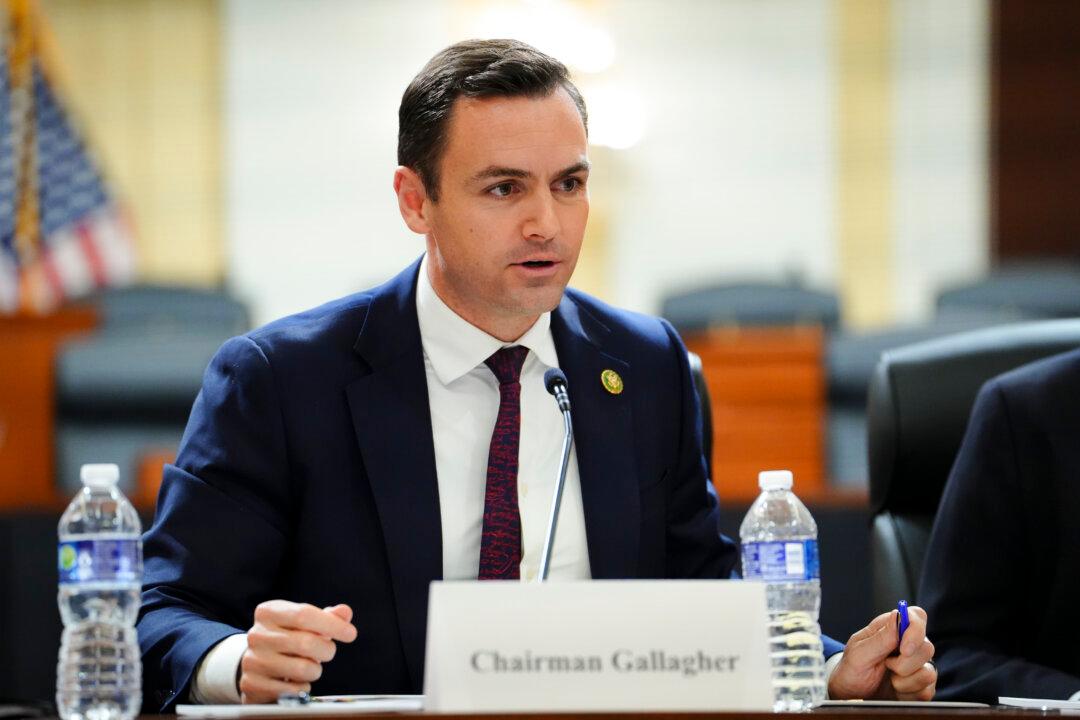China summer programs offered by the Max S. Baucus Institute at the University of Montana School of Law are drawing scrutiny from House Republicans, who question the university’s vetting process in selecting a partner organization with ties to the Chinese Communist Party (CCP).
Former Montana Sen. Max Baucus, who served as the U.S. ambassador to China from 2014 to 2017 under the Obama administration, co-founded the Max S. Baucus Institute with his wife in 2017. According to the university’s website, the institute is organizing two study-abroad programs in China in 2024, one jointly conducted with the China-United States Exchange Foundation (CUSEF).





